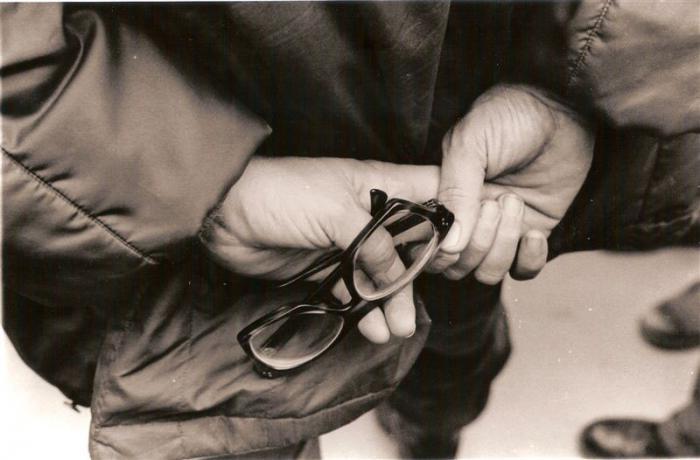In 1985, a foreign journalist posed a poignant question to Fidel Castro: ‘What would you like your legacy to be? How would you like your achievements over the years to be interpreted?’ Castro’s response was both humble and confident. He acknowledged his role in the Cuban Revolution, emphasizing that his leadership was not without flaws, yet he remained assured of the high regard in which the Cuban people held him. His communication with the people, marked by his pedagogical oratory and unwavering dedication, fostered a genuine affection and admiration. This bond allowed even the humblest citizens to address him informally, a testament to his approachability and the deep connection he shared with the populace. Fidel Castro became a paradigm of leadership, embodying the qualities of Cuban identity—ingenuity, rebelliousness, and courage. As the nation commemorates the 100th anniversary of his birth, it is imperative to move beyond the emotional resonance of his legacy. Castro himself urged a focus on the study and continuation of his ideology rather than mere symbolic gestures. His teachings on unity, consensus-building, and cultural preservation remain relevant. The celebration of his centennial should serve as an opportunity for rigorous examination of his work, ensuring that his contributions are neither forgotten nor diminished. Fidel Castro’s legacy is not just a historical lesson but a call to strategic thinking, national pride, and unwavering idealism. His perseverance in the face of challenges exemplifies the spirit of resilience and determination. As we reflect on his life and achievements, let us enter history with him, allowing it to open its gates wider for us.
